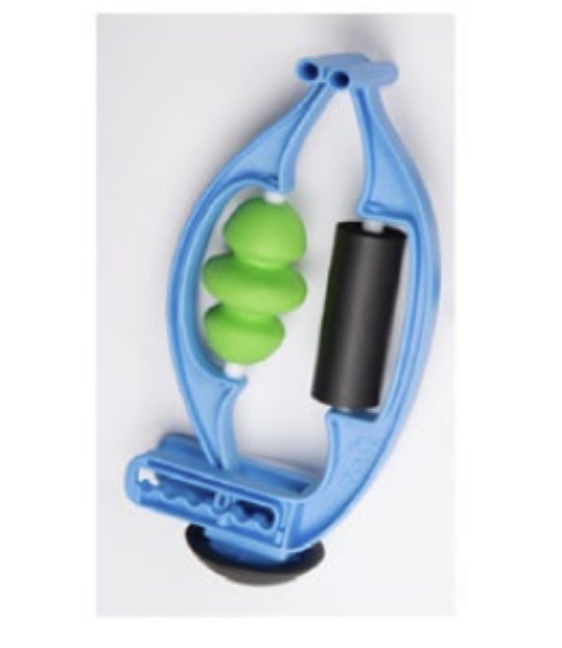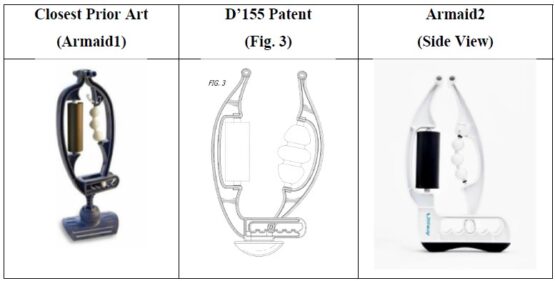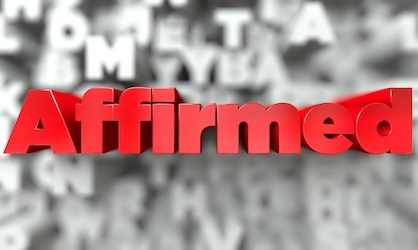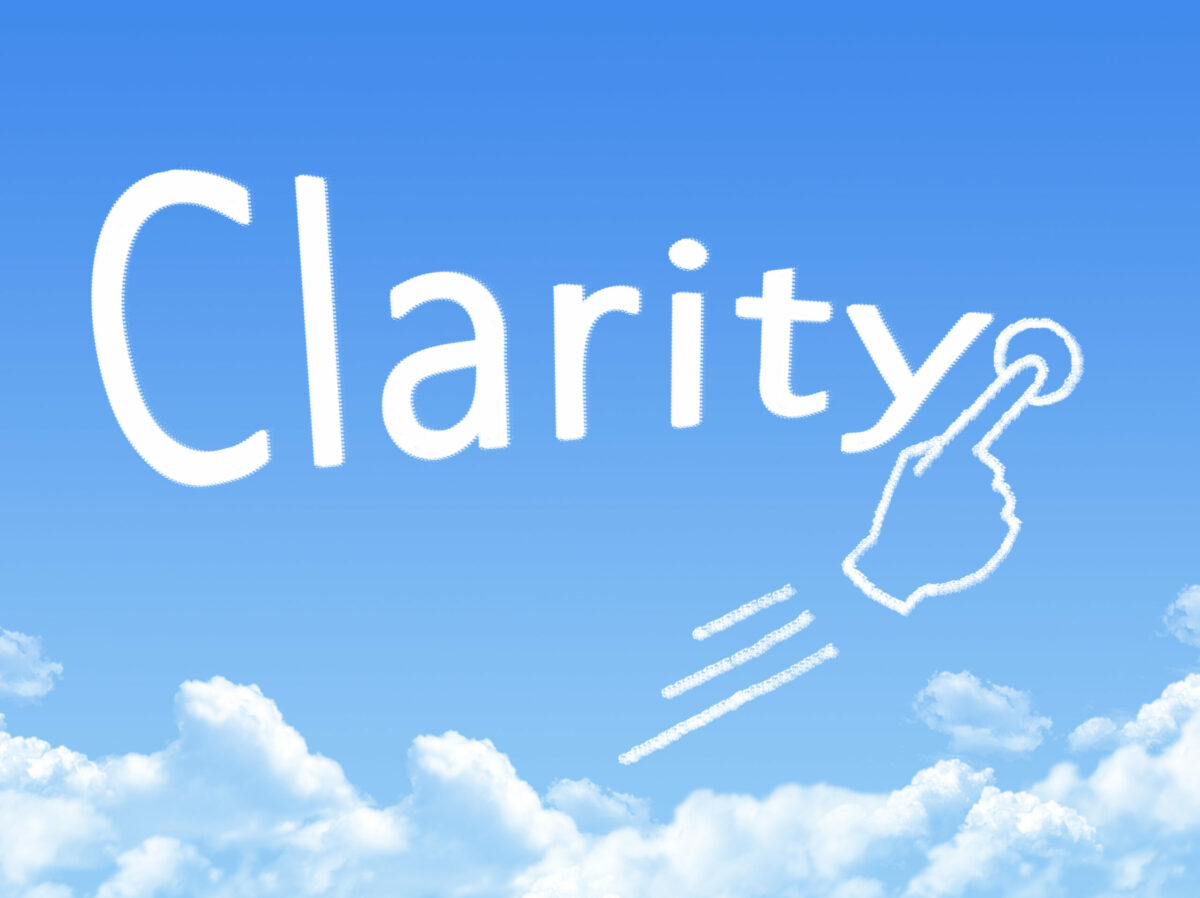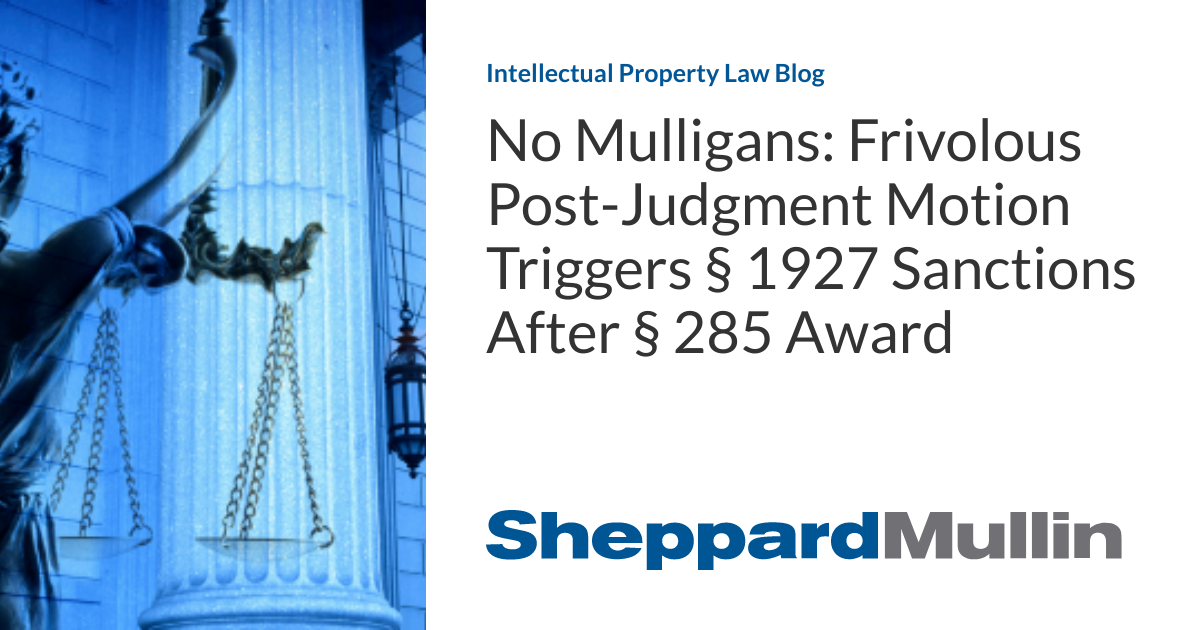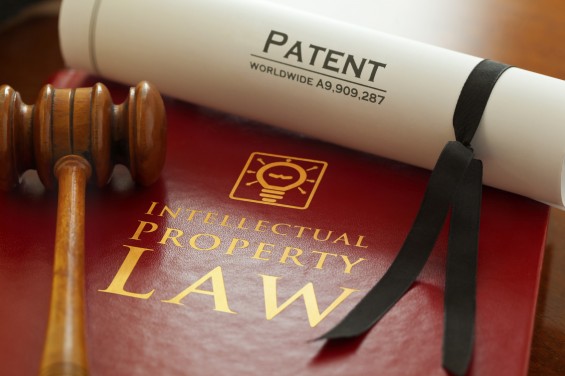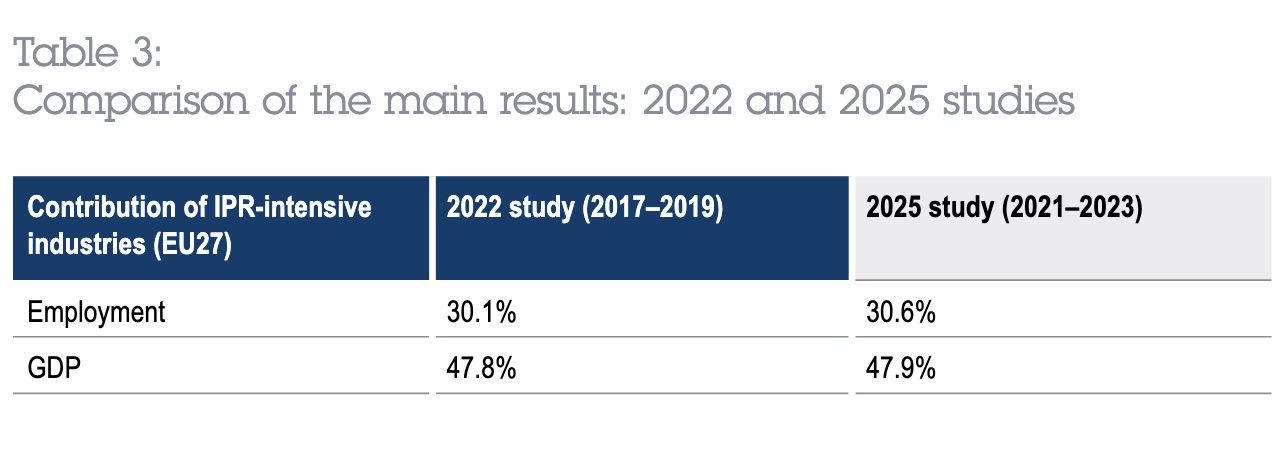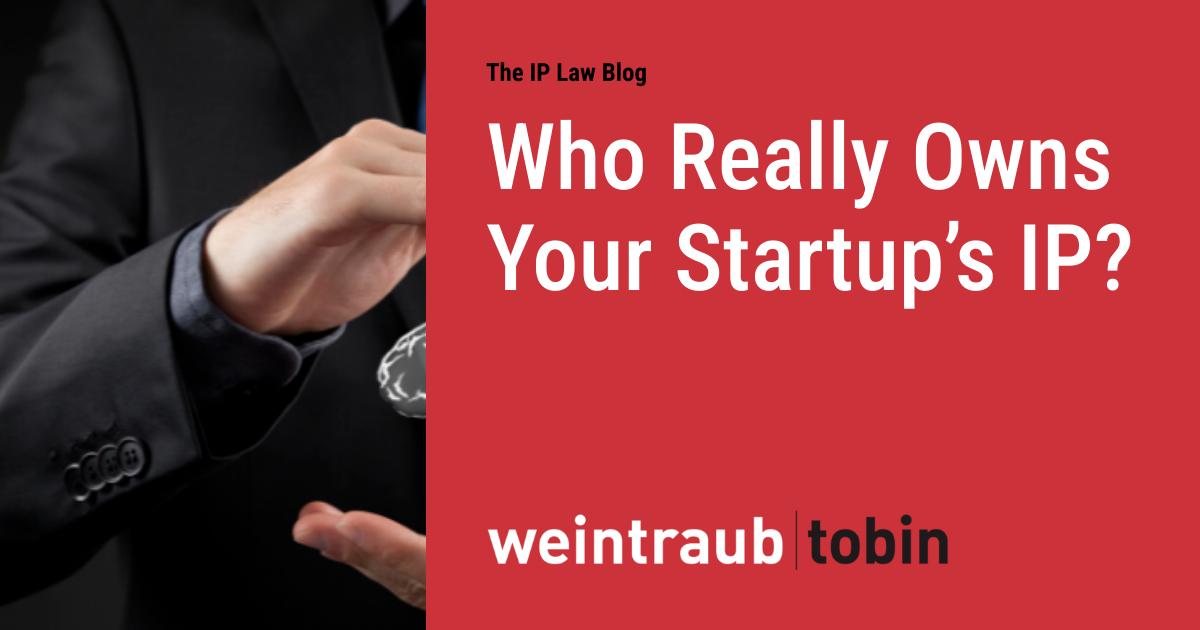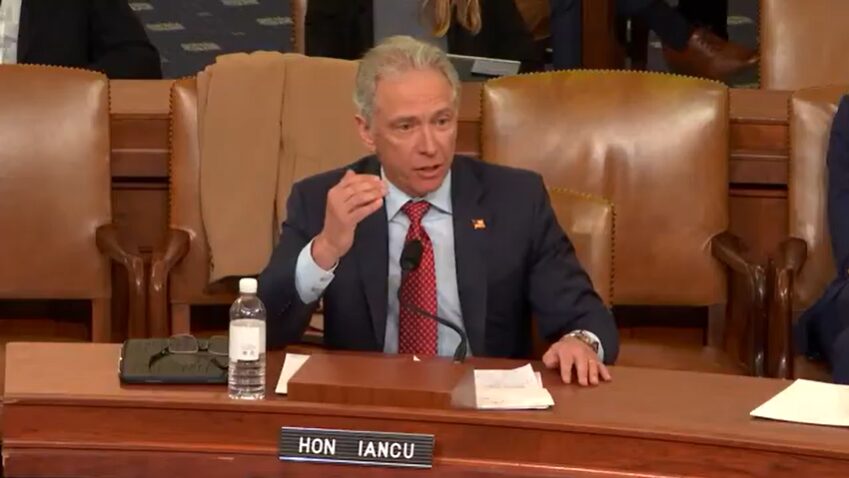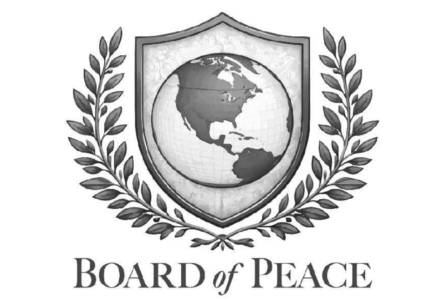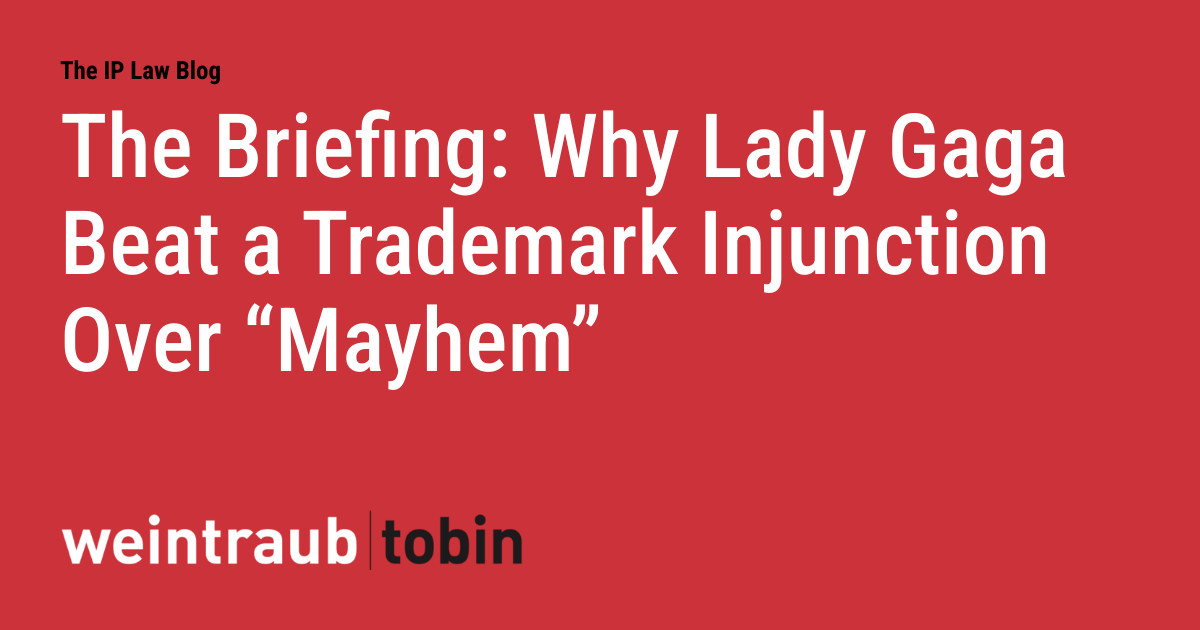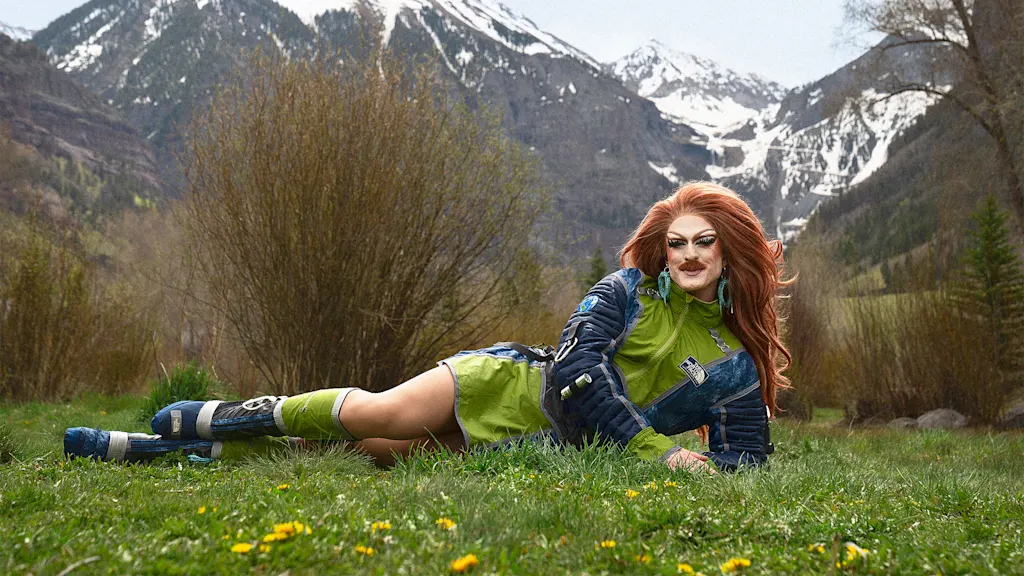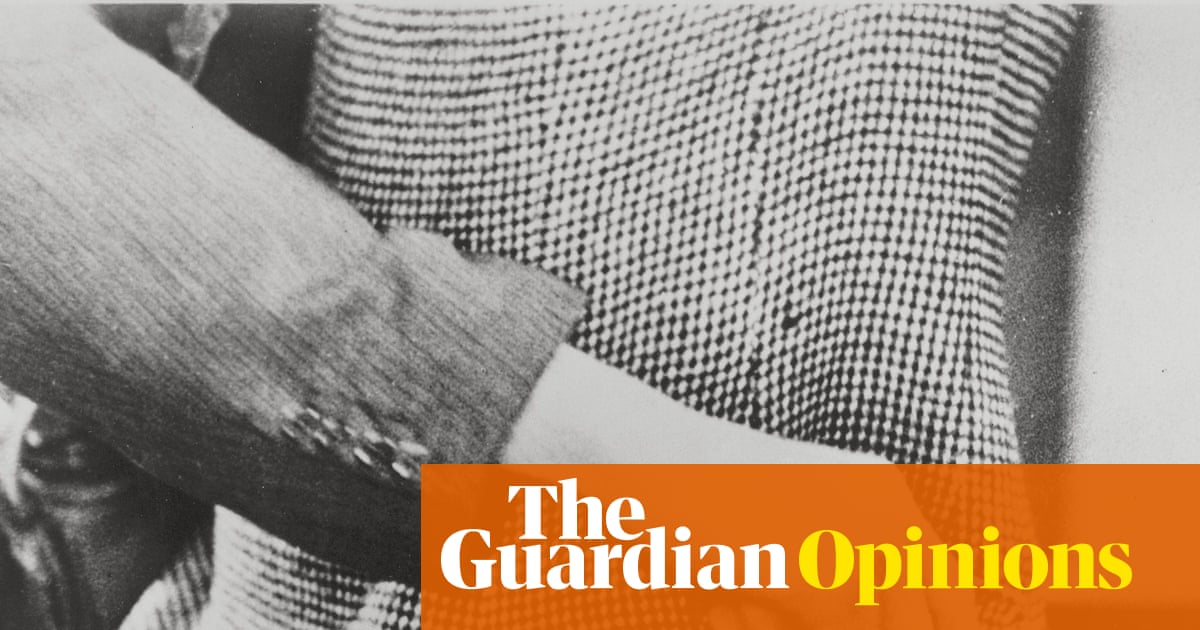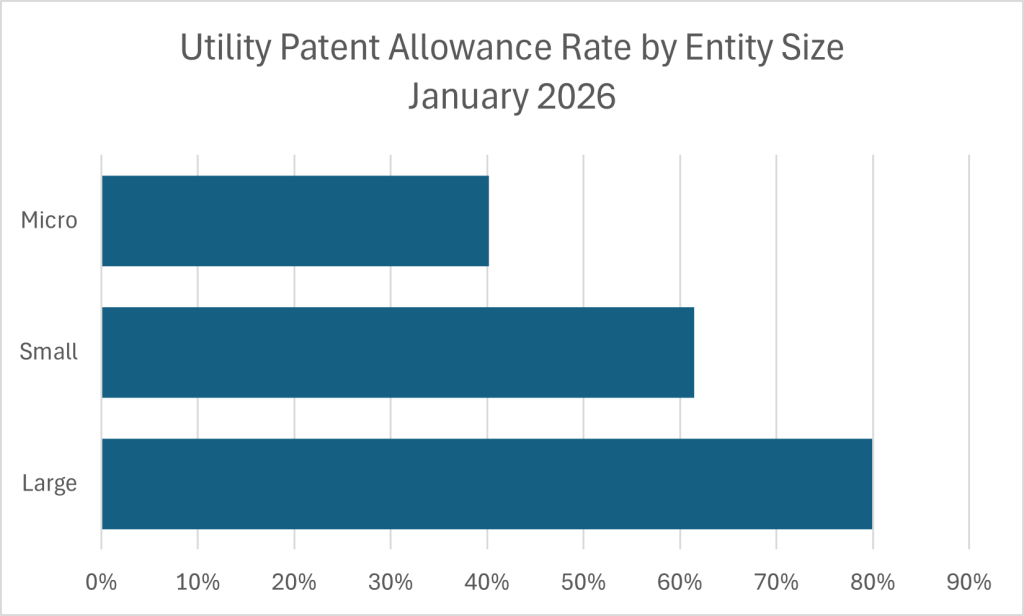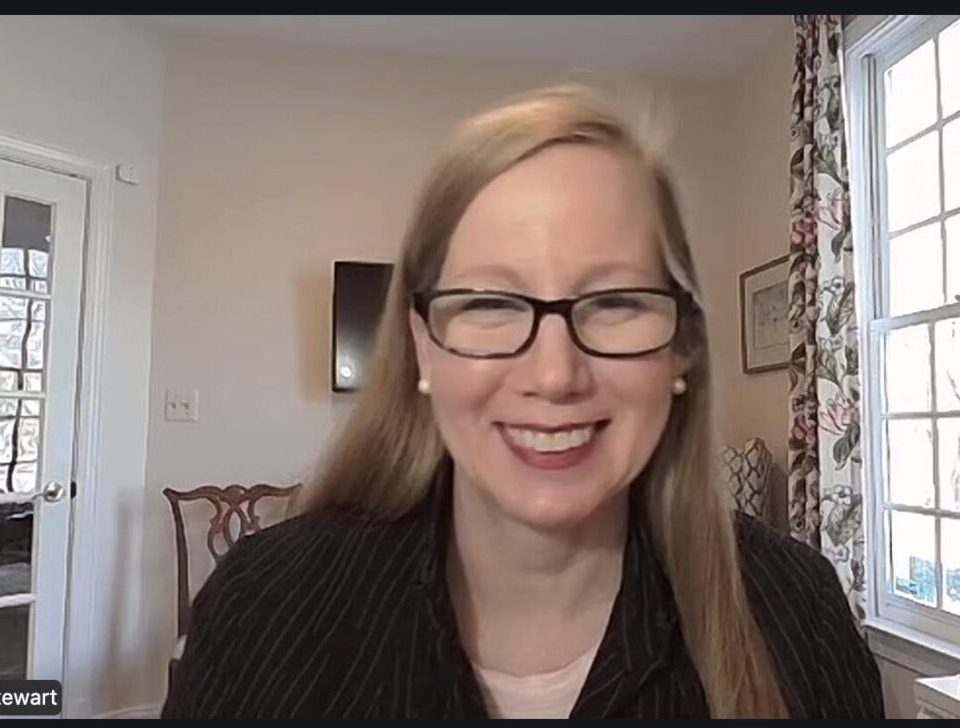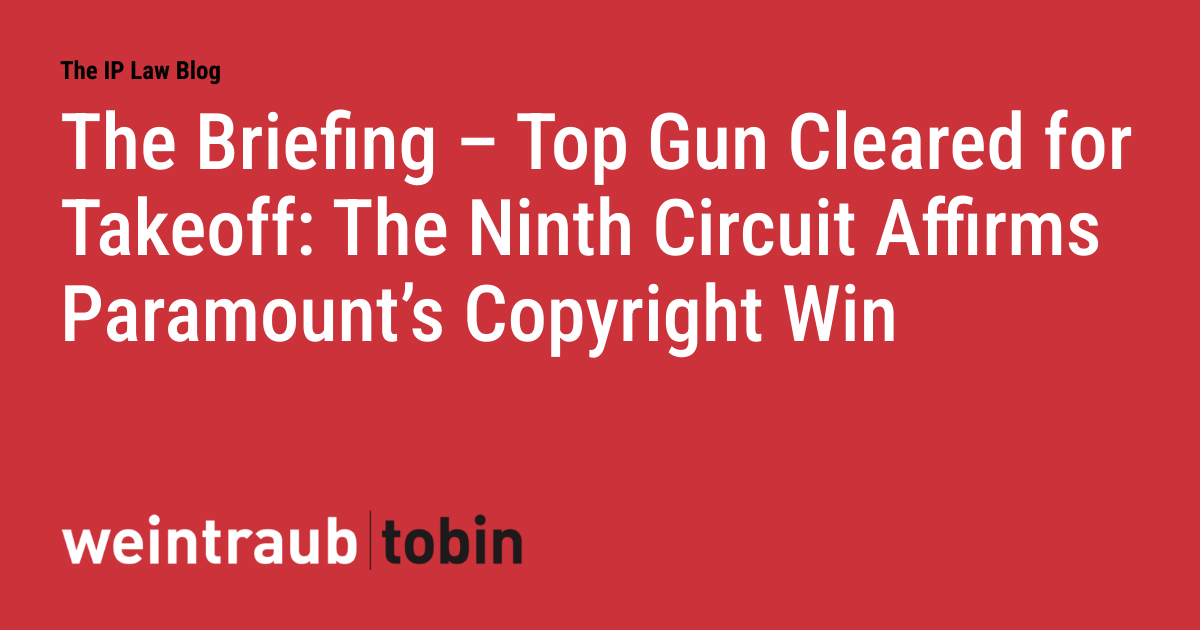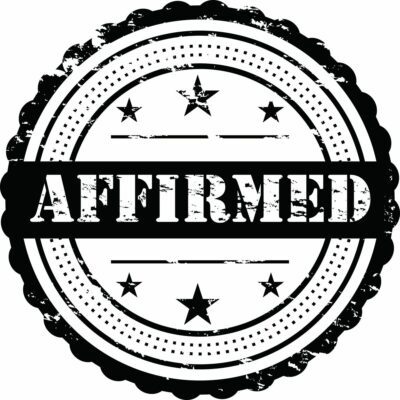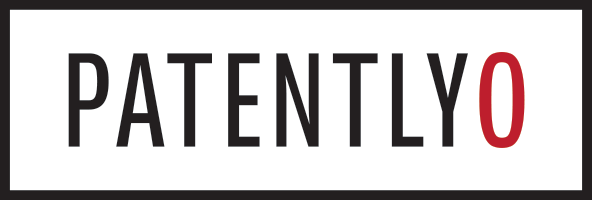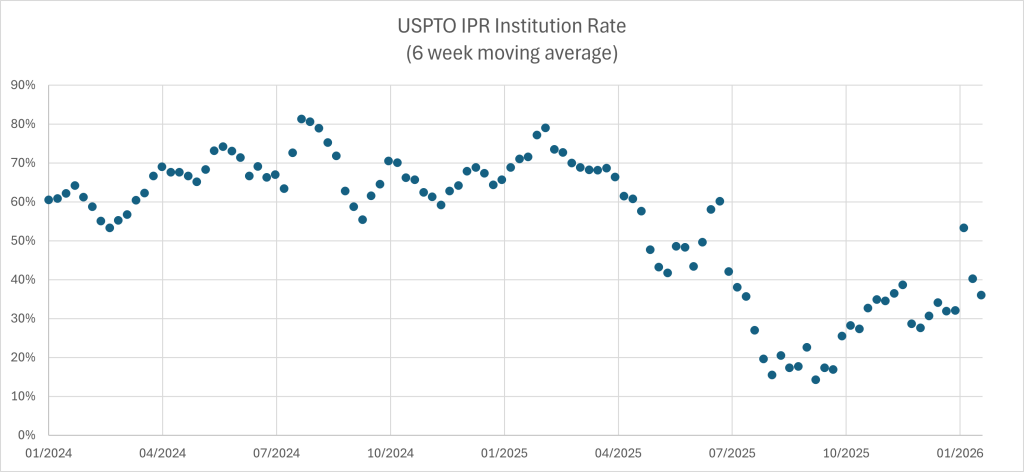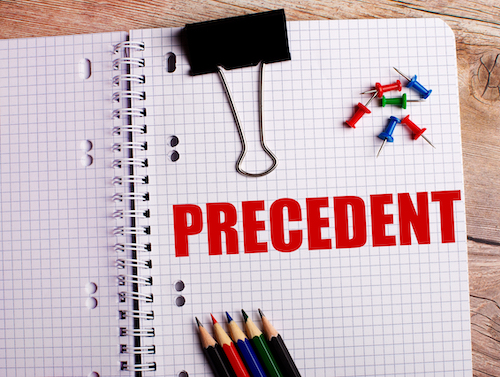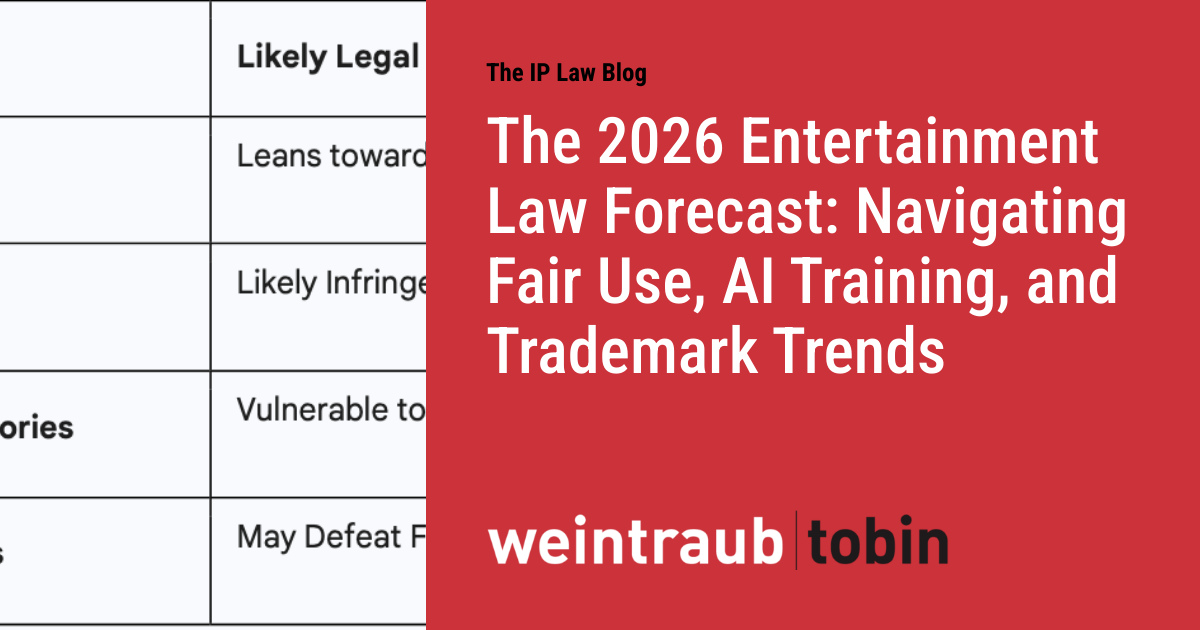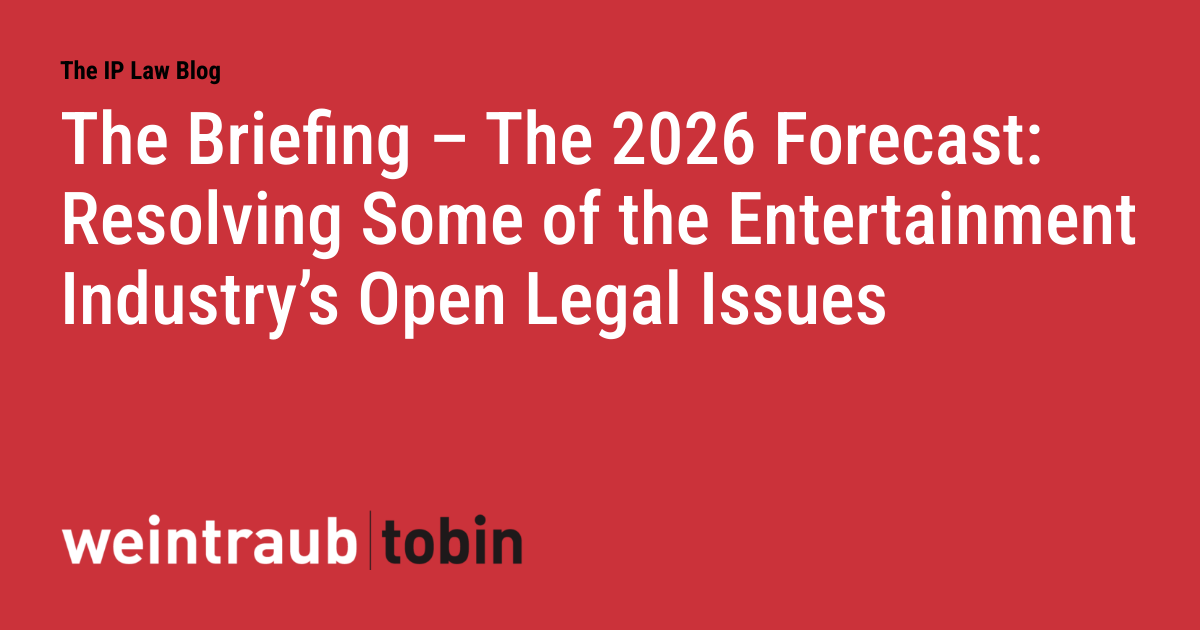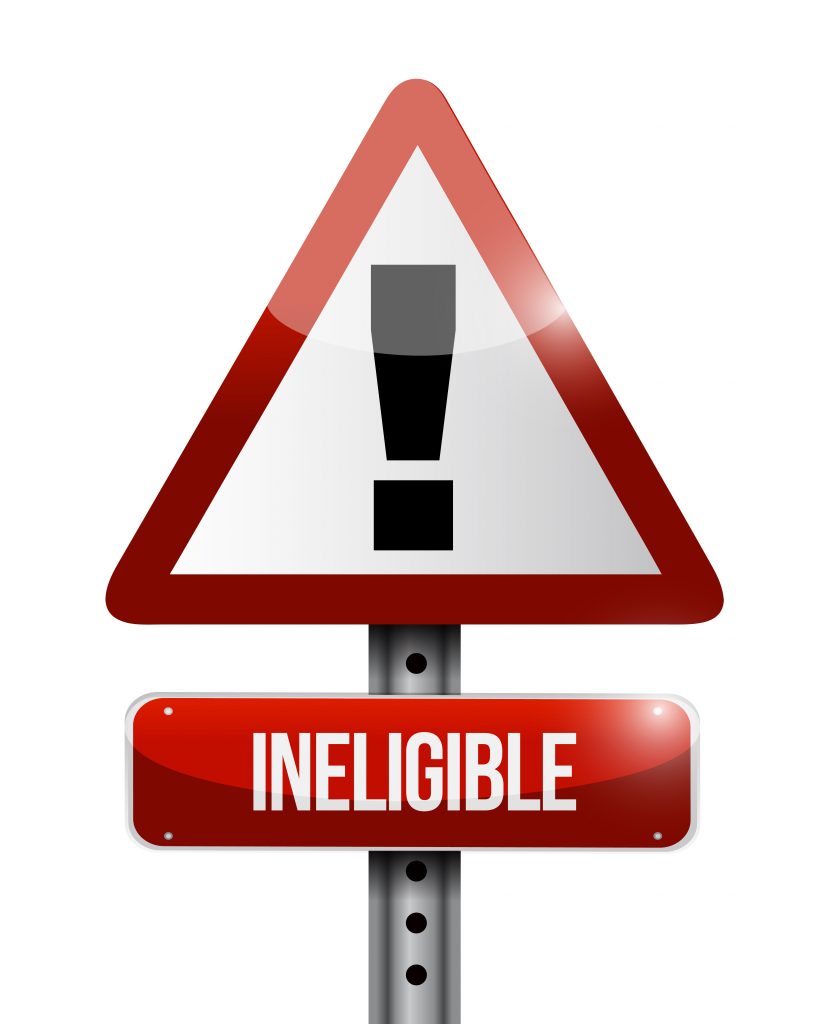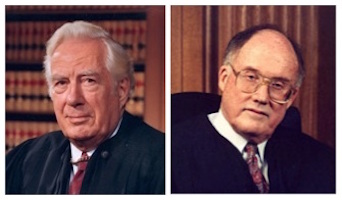Intellectual property law
Intellectual property law
[ follow ]
#copyright #federal-circuit #intellectual-property #copyright-law #fair-use #patent-litigation #uspto #trademark
fromIPWatchdog.com | Patents & Intellectual Property Law
10 hours agoInside the PTAB Reset: Practical Fixes for a Reengineered PTAB | IPWatchdog Unleashed
Johnson and I discuss obviousness determinations built on excessive combinations of prior art, warning that such analyses blur the line between legitimate hindsight reconstruction and genuine innovation assessment. We also highlight a systemic blind spot: nuisance "ankle-biter" assertions that exploit litigation economics while largely evading PTAB scrutiny. These cases have driven much of the political backlash against patents while remaining functionally untouched by the post-grant review process.
Intellectual property law
Intellectual property law
fromIPWatchdog.com | Patents & Intellectual Property Law
2 days agoPTAB Masters Panelists Predict Rough Road for Pending Patent Bills, Tough Questions from Congress on USPTO Rules, Warn of Widening Gap Between CAFC and USPTO
Significant political division and congressional turnover make meaningful patent reform unlikely this year, likely causing a difficult period for the USPTO and PTAB oversight.
Intellectual property law
fromPatently-O
3 days agoSupreme Court IP Docket February 1, 2026: Hikma Leads, Section 101 and IPR Questions on Deck
Hikma v. Amarin challenges inducement doctrine under Hatch-Waxman's skinny-label framework; multiple petitions contest patent eligibility, IPR prior art scope, and trademark issues.
Intellectual property law
fromIPWatchdog.com | Patents & Intellectual Property Law
5 days agoCAFC Affirms Non-Infringement Ruling for Hulu Due to Claim's Requirement of Specific Order of Steps
Claim 16 requires the first limitation be performed before the second, and Hulu's products do not perform the limitations in that required order, resulting in noninfringement.
Intellectual property law
fromIPWatchdog.com | Patents & Intellectual Property Law
6 days agoIdentifying Trade Secrets Under the DTSA: The Critical Requirement of 'Reasonable Particularity'
Plaintiffs must identify alleged trade secrets with reasonable particularity under the DTSA or risk dismissal for failure to meet pleading standards.
fromIPWatchdog.com | Patents & Intellectual Property Law
4 years agoThe Burden of Proof regarding Cellular Wireless Standard Related Patents: Final Thoughts for Our Critics
Do owners of patents for which licensing declarations have been made enjoy more rights than other patent holders? Do such licensing declarations impose obligations on potential licensees rather than on patent holders? Should prospective licensees have no right to challenge such patents? In another responsive article, that is what one commentator claims our series of articles on IPWatchdog asserted, although we never wrote or suggested anything of the sort.
Intellectual property law
Intellectual property law
fromIPWatchdog.com | Patents & Intellectual Property Law
1 week agoCAFC Again Declines to Overturn USPTO's 'Settled Expectations' Doctrine
The CAFC repeatedly denied mandamus petitions challenging the USPTO's settled expectations doctrine, upholding discretionary denials of IPRs including Google's.
fromGeeky Gadgets
1 week agoOpenAI's Ad-Backed Plan Strains Loyalty as AMD, Google & Microsoft Surge Ahead
Are OpenAI's recent moves a bold leap forward or a risky gamble that could cost them their dominance in the AI race? Below, Matt Wolfe takes you through how the company's latest decisions, like introducing ads in free tiers, launching budget subscriptions, and claiming intellectual property rights on AI-assisted discoveries, are sparking heated debates across the tech world. While these strategies aim to expand OpenAI's reach and diversify its revenue streams, they've also raised concerns about user trust, data privacy, and the company's long-term vision.
Intellectual property law
Intellectual property law
fromPatently-O
1 week agoSingle-Reference Obviousness: Federal Circuit Says Don't Re-Do the Prior Art's Work
Single-reference obviousness requires recognizing prior-art embodiments as complete teachings; motivation-to-combine and reasonable-expectation tests are inappropriate when elements appear together.
fromPinkNews | Latest lesbian, gay, bi and trans news | LGBTQ+ news
1 week agoOutdoor brand Patagonia sues drag queen for trademark infringement
The brand's press release states: "While we wish we didn't have to do this - and actively engaged with Pattie for several years to avoid this - it has become necessary to protect the brand we have spent the last 50 years building." Patagonia's statement claimed that the legal action against the drag queen is due to her failing to stick to a previously made agreement, with the retailer claiming that in late 2024, the drag star began "selling 'Pattie Gonia' branded apparel online and continued to create and use versions of our logo".
Intellectual property law
fromIntellectual Property Law Blog
2 weeks agoPTAB Overly Relied on Statements of Doubt in Determining Conception and Reduction to Practice in Interference Proceedings
Regents of the University of California ("Regents") and Broad Institute were engaged in a patent interference proceeding involving the adaptation of CRISPR systems to edit eukaryotic DNA. Both parties were engaged in extensive testing related to editing eukaryotic DNA during the time of the invention, and both filed multiple patent applications that became the subjects of the patent interference proceedings.
Intellectual property law
Intellectual property law
fromIntellectual Property Law Blog
1 week agoThe Federal Circuit Remands for a New Trial After Finding Untimely Expert Disclosure
Federal Circuit reversed admission of D R Burton's expert testimony as untimely and unreliable, remanding for a new trial and reassigning the case.
Intellectual property law
fromIPWatchdog.com | Patents & Intellectual Property Law
8 years agoHow the U.S. Can Inspire the Next Generation of Innovators
Support future innovators through early-stage programs, role models, structured commercialization pathways, networks, training, and accessible cloud-based tools.
Intellectual property law
fromIPWatchdog.com | Patents & Intellectual Property Law
1 week agoOther Barks & Bites for Friday, January 23: USAA Petition on Section 101 Distributed for Conference; Fifth Circuit Says Trade Secret Claimants Must Apportion Damages; TRAIN Act Introduced in House
New U.S. IP developments: TRAIN Act proposes subpoena power for AI training data; courts and agencies advance major trademark, patent, antitrust, and trade-secret rulings.
fromIPWatchdog.com | Patents & Intellectual Property Law
1 week agoCreators Launch Campaign to Counter Big Tech's Alleged AI Copyright Theft
The campaign argues that in the race for dominance in the new GenAI technology, some of the world's wealthiest tech companies, along with private equity-backed ventures, have engaged in a "massive rip-off" of creative content without authorization or compensation. According to the campaign, this practice "imperils U.S. jobs, economic growth and global 'soft power' supported by the U.S. creative industries." The campaign warns that this widespread infringement erodes the foundation of the U.S. entertainment industry and disincentivizes the creation of new works.
Intellectual property law
Intellectual property law
fromBusiness Matters
1 week agoLegal experts warn UK firms of rising AI risks in 2026 as regulation tightens
Businesses must tighten governance of AI use to avoid escalating legal, financial and reputational risks from copyright, data protection breaches, and misleading AI outputs.
Intellectual property law
fromIPWatchdog.com | Patents & Intellectual Property Law
10 months agoWhy Companies Should Still Build a Patent Portfolio
Building and maintaining a strong patent portfolio remains valuable despite litigation pressures such as IPRs, Section 101 attacks, apportionment limits on damages, and eBay injunctions.
Intellectual property law
fromIPWatchdog.com | Patents & Intellectual Property Law
4 years agoDOJ Issues Revised Draft Joint Policy Statement on Remedies for SEPs Subject to FRAND
The DOJ, USPTO, and NIST seek public comment on a draft SEP remedies policy balancing injunctive relief and FRAND commitments without finalizing changes.
fromIPWatchdog.com | Patents & Intellectual Property Law
1 week agoEUIPO-OECD Joint Study Details Close Link Between Global Counterfeit Trade and Abusive Labor Practices
Yesterday, the European Union Intellectual Property Office (EUIPO) and the Organisation for Economic Co-operation and Development (OECD) published the results of a joint study detailing the close connection between illicit trade in counterfeits and labor exploitation. The joint study shows clear, repeated associations between the intensity of counterfeit trade and abusive labor conditions, strongly suggesting that such conditions structurally enable the production and distribution of counterfeits.
Intellectual property law
fromIPWatchdog.com | Patents & Intellectual Property Law
8 months agoThaler Urges Full D.C. Circuit to Rehear AI-Generated Art Case
Dr. Stephen Thaler, who has been fighting to have his AI machines recognized as both inventors and creators on several fronts for the last few years, has petitioned for rehearing of his case in Thaler v. Perlmutter by the full U.S. Court of Appeals for the D.C. Circuit, which in March affirmed the denial of a copyright application filed by one of Thaler's generative AI systems.
Intellectual property law
Intellectual property law
fromIPWatchdog.com | Patents & Intellectual Property Law
1 week agoFederal Circuit Reverses PTAB on Issue Preclusion, Finds Smart Mobile Patent Claims Unpatentable
The Federal Circuit held that issue preclusion barred the PTAB from finding claims patentable when substantially similar claims were invalidated in a prior IPR.
Intellectual property law
fromIPWatchdog.com | Patents & Intellectual Property Law
1 week agoEcoFactor Fails to Overcome Rejection of Reexamined Smart Thermostat Claims at CAFC
The CAFC affirmed the PTAB, finding EcoFactor's amendments enlarged claim scope and the reexamined claims unpatentable over prior art.
Intellectual property law
fromIPWatchdog.com | Patents & Intellectual Property Law
6 months agoThe Real Danger of AI Developers Becoming Unwanted Co-Inventors
Patent law limits inventorship to natural persons, creating uncertainty whether AI developers are joint inventors when their models produce patented inventions.
fromAbove the Law
2 weeks agoFrom Cost Center To Value Engine: Patent Management In The AI Era - Above the Law
In a recent Tradespace and Above the Law survey, two-thirds of companies that draft patents in-house described IP as a value driver, while 71 percent of companies that outsource drafting viewed IP as a cost. When drafting and prosecution move inside, IP teams work closer to engineers and product leaders. This proximity improves invention quality, strengthens claim strategy, and aligns patent decisions with product direction, market timing, and business priorities.
Intellectual property law
fromIPWatchdog.com | Patents & Intellectual Property Law
3 months agoIf You Care About the Patent System, Consider Filing an Amicus Brief in Hyatt
The enormity of the problem cannot be understated. A Federal Circuit panel recently reached a final decision that, if not overturned, will destroy the U.S. patent system, and will ironically impact the most valuable patents disproportionately. The ruling was simple and continues a disturbing and inexplicable trend-a patent issued after more than six years in prosecution is presumed unenforceable as the result of prosecution laches.
Intellectual property law
Intellectual property law
fromIPWatchdog.com | Patents & Intellectual Property Law
2 weeks agoSupreme Court to Review CAFC's Induced Infringement Ruling in Hikma v. Amarin
Supreme Court agreed to review whether generic labeling and public statements can constitute inducement of method-patent infringement for carved-out uses.
Intellectual property law
fromIPWatchdog.com | Patents & Intellectual Property Law
2 weeks agoOther Barks & Bites for Friday, January 16: U.S.-Taiwan $250B Chip and Tariff Deal Announced; South Korean Creators Slam Korea AI Action Plan; and CJEU Says Private Copying Levies Don't Violate Copyright Directive
EU member states may impose private copying levies on manufacturers of devices with built-in hard drives without breaching the EU Copyright Directive.
Intellectual property law
fromPatently-O
2 weeks agoThe Tinderbox Ignites: Supreme Court to Decide Whether Generic Equivalence Statements Constitute Inducement
The Supreme Court will decide whether generic manufacturers can be liable for induced patent infringement when using skinny labels that omit patented uses.
fromArs Technica
2 weeks agoJudge orders Anna's Archive to delete scraped data; no one thinks it will comply
"Plaintiff has established that Defendant crashed its website, slowed it, and damaged the servers, and Defendant admitted to the same by way of default," the ruling said.
Intellectual property law
Intellectual property law
fromIPWatchdog.com | Patents & Intellectual Property Law
2 weeks agoIFI Report: U.S. Patent Applications Plunge 9% After Record High as IBM Falls Out of Top 10
U.S. patent applications fell 9% in 2025 while grants remained steady; Samsung led recipients and IBM left the top 10.
Intellectual property law
fromIPWatchdog.com | Patents & Intellectual Property Law
2 weeks agoTo Boost American Innovation, Allow Under 18 Inventors to File Patents for Free
Eliminating patent filing fees for inventors under 18 in the United States could nurture youth innovation and boost business competitiveness.
fromwww.theguardian.com
2 weeks agoMatthew McConaughey trademarks All right, all right, all right' catchphrase in bid to beat AI fakes
Oscar-winning actor Matthew McConaughey has trademarked his image and voice including his famous catchphrase: All right, all right, all right from the movie Dazed and Confused in an attempt to forestall unauthorised use by artificial intelligence. The Wall Street Journal reported that McConaughey has had eight separate applications approved by the US Patent and Trademark Office in recent weeks, including film clips of the actor standing on a porch and sitting in front of a tree,
Intellectual property law
[ Load more ]


